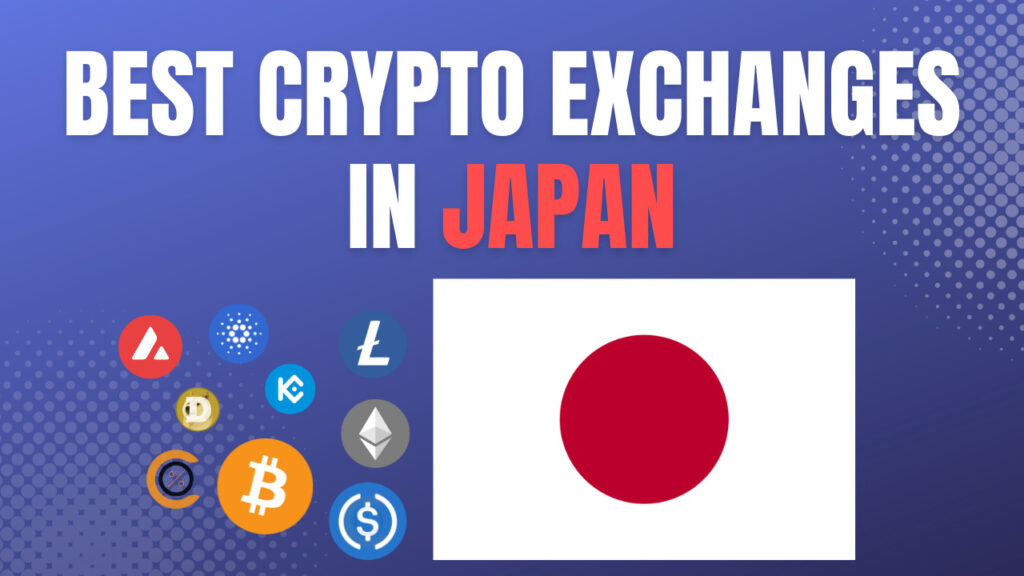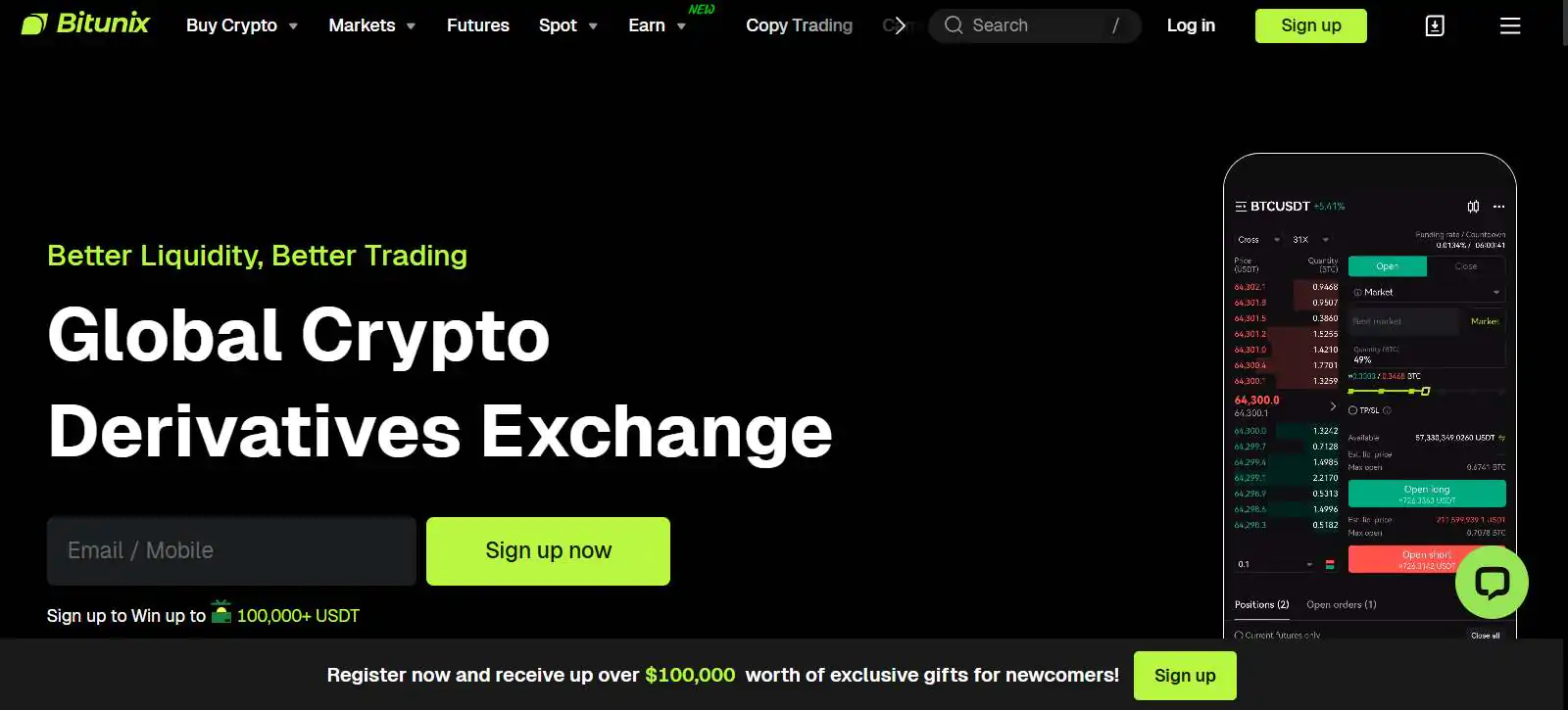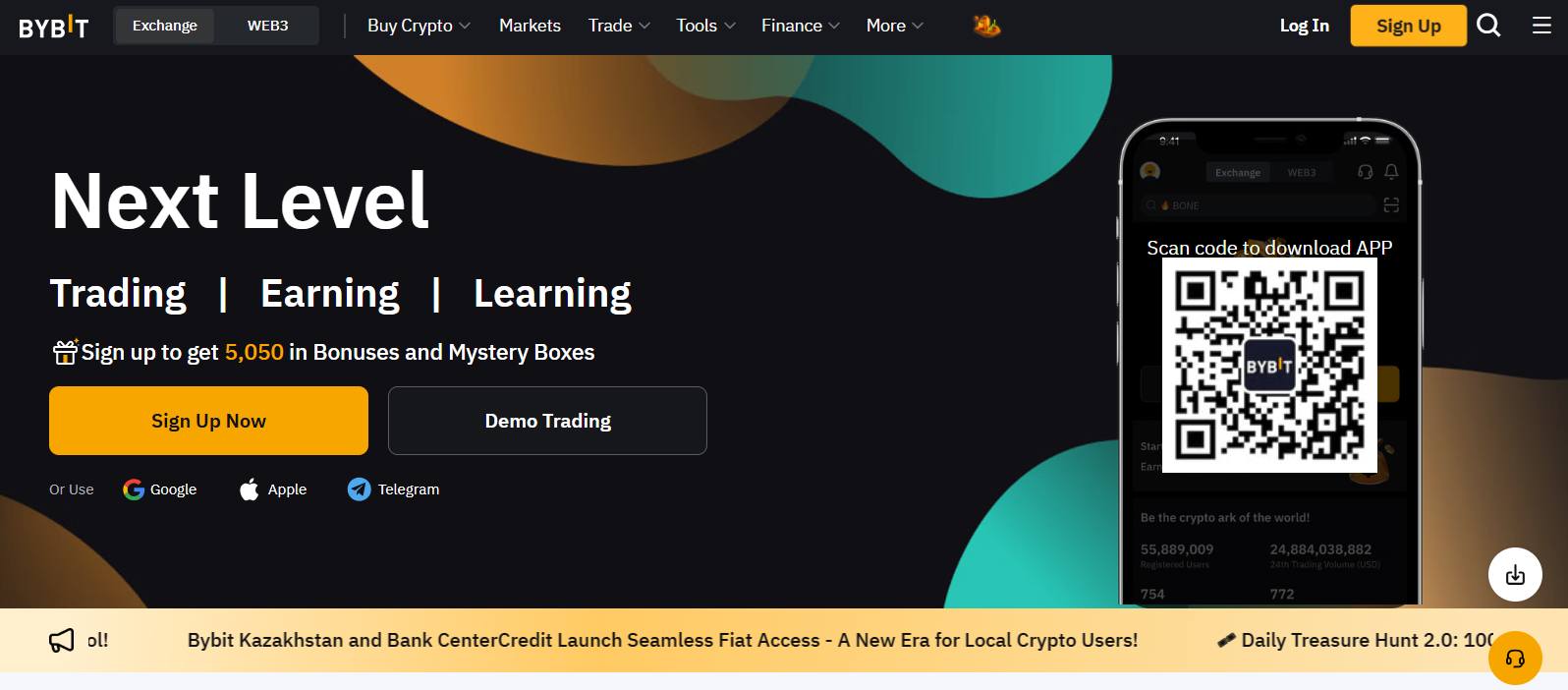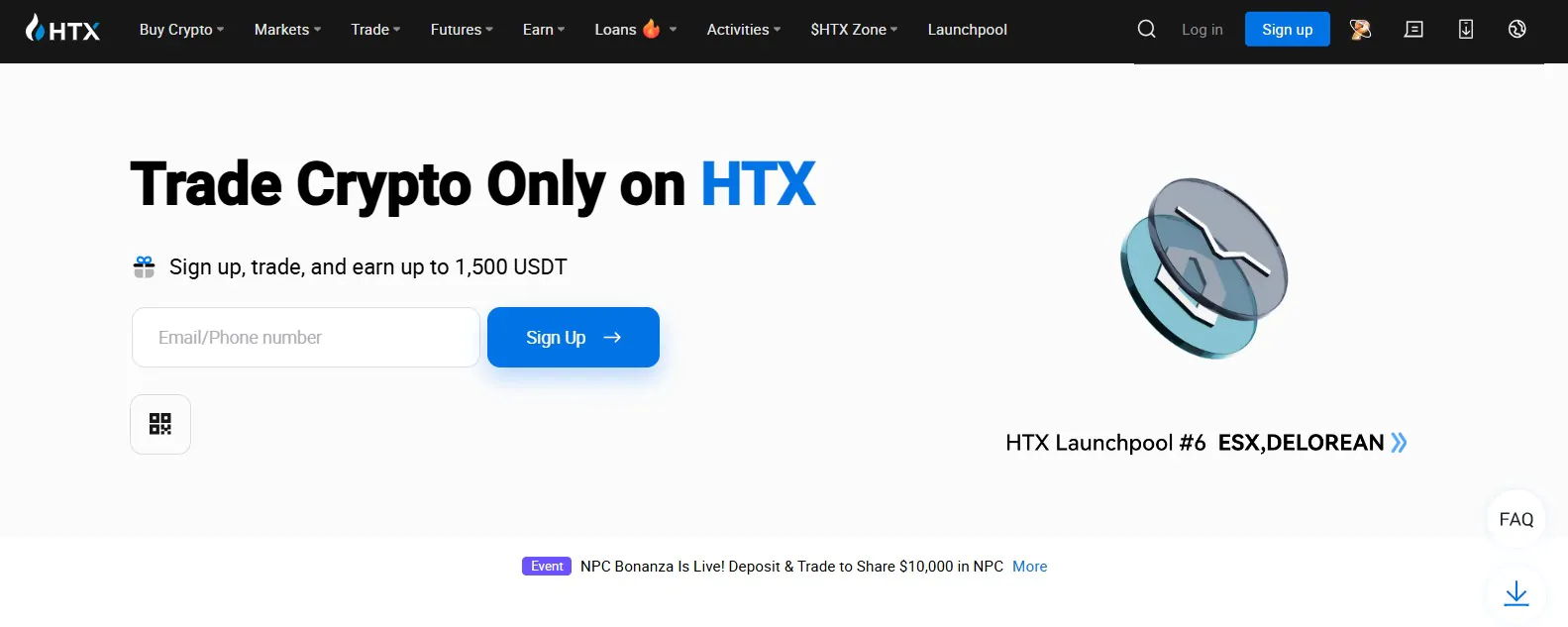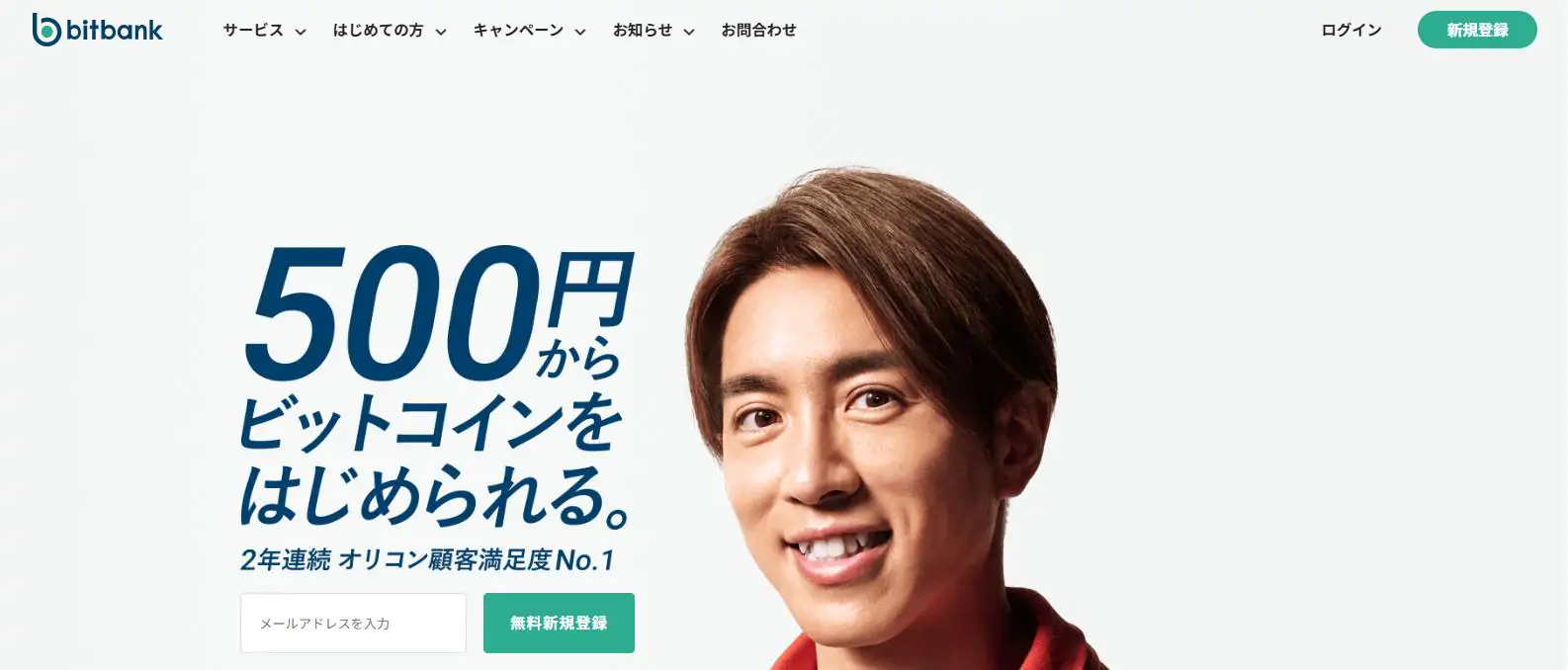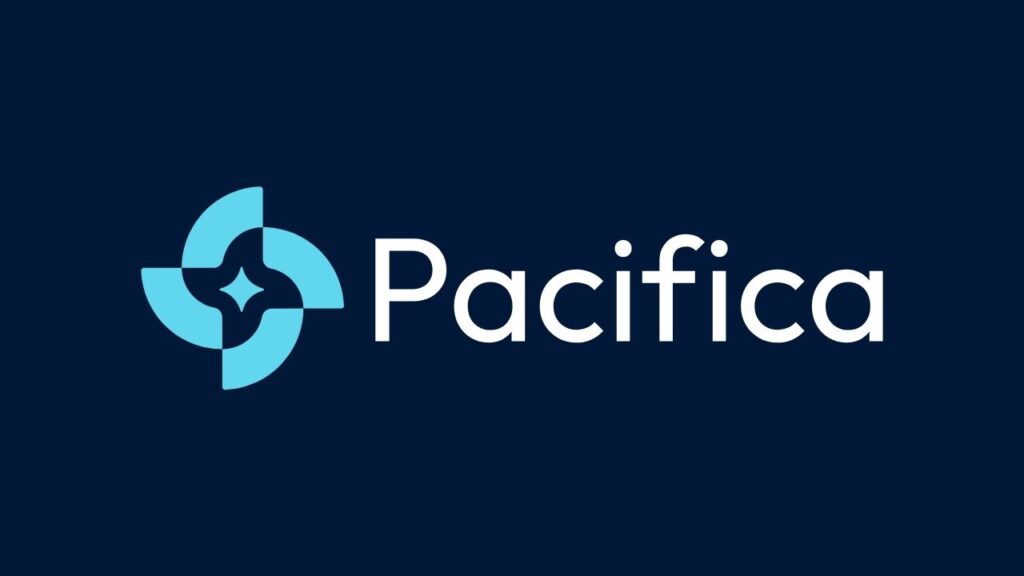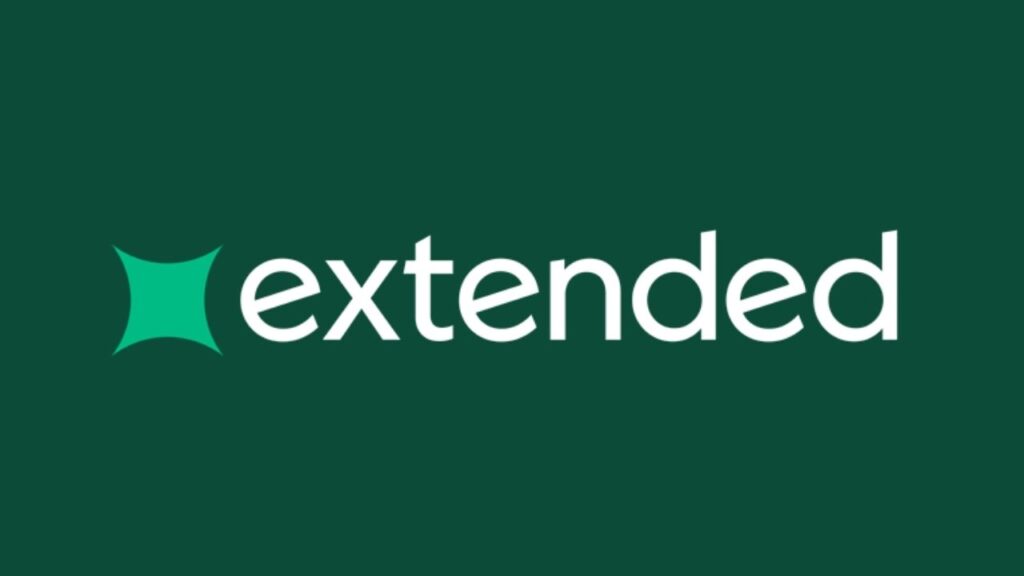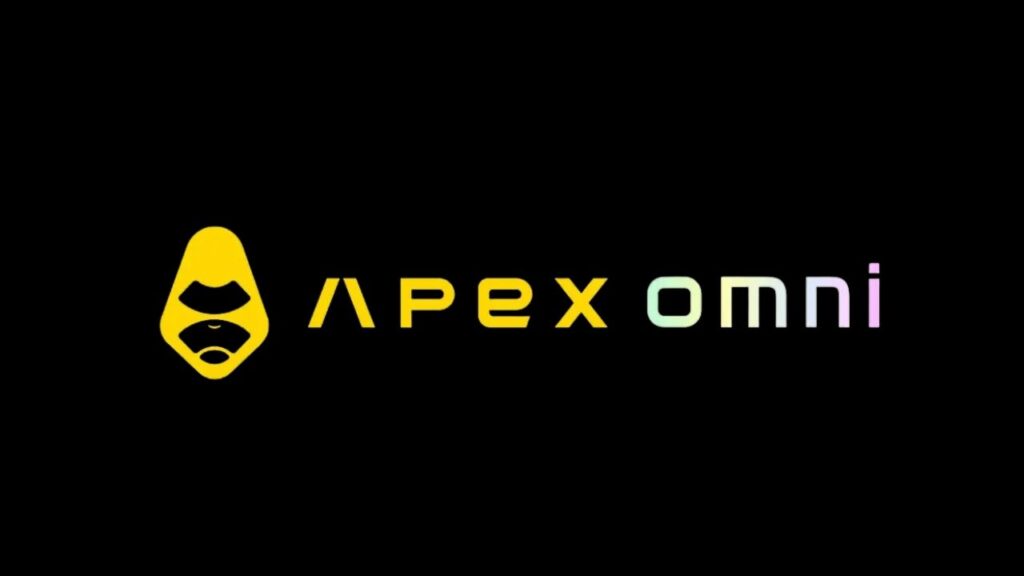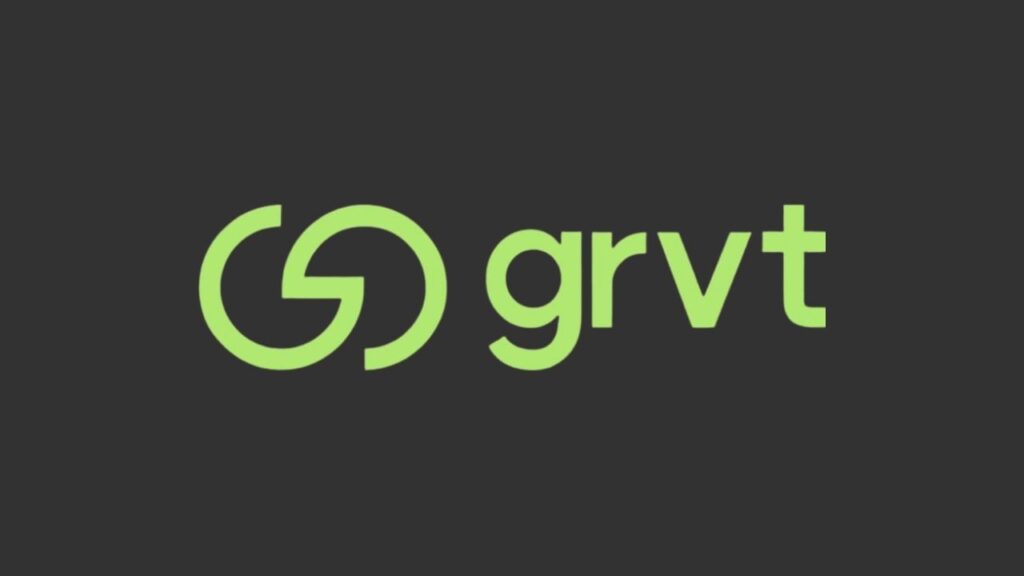- •Most Japanese traders prioritize FSA licensing, JPY deposit support, and long-term tools like staking and auto-invest.
- •Platforms without Japanese UI, local compliance, or clear fee structures tend to lose user trust quickly.
- •Exchanges like bitFlyer and bitbank are favored for regulation and simplicity, while global options like Bybit and Binance suit advanced users.
In Japan, trust and compliance are non-negotiable when it comes to crypto trading. This market doesn’t respond to hype or high-risk features, it values security, transparency, and regulatory clarity. Most investors prefer spot trading, staking, and auto-invest tools that support long-term strategies. Exchanges with full FSA licensing, Japanese language interfaces, and JPY deposit options are far more likely to gain user confidence. A clean user experience matters just as much as the depth of trading tools. Platforms without local integration often fail to meet expectations. This guide covers the crypto exchanges Japan’s users genuinely rely on in 2026.
Top 7 Crypto Exchange in Japan Reviewed
Below is a review of the top crypto exchanges currently available to users in Japan. These platforms have been evaluated based on regulatory alignment, JPY deposit options, trading features, user experience, and overall suitability for the Japanese market in 2026.
- BTCC – High-leverage futures with no KYC
- Bitunix – No-KYC trading with Japanese UI and bots
- Bybit – Advanced tools with deep liquidity
- bitFlyer – Regulated exchange with zero-fee spot trades
- HTX – Altcoin variety and copy trading
- bitbank – Local platform with staking and lending
- Binance – Global exchange with JPY support
| Exchange | Cryptos | Spot Fees | Futures Fees | Max Leverage | Bonus | KYC |
|---|---|---|---|---|---|---|
| 1. BTCC | 400+ | 0.20% / 0.30% | 0.020% / 0.045% | 500x | $11,000 | No |
| 2. Bitunix | 541+ | 0.10% / 0.10% | 0.02% / 0.06% | 125x | $5,500 | No |
| 3. Bybit | 726+ | 0.10% / 0.10% | 0.020% / 0.055% | 100x | $30,000 | Yes |
| 4. bitFlyer | 38+ | 0.15% / 0.15% | None | 2x | None | Yes |
| 5. HTX | 715+ | 0.20% / 0.20% | 0.02% / 0.06% | 200x | $241 | Yes |
| 6. bitbank | 46+ | -0.02% / 0.12% | -0.02% / 0.12% | 2x | $6.5 | Yes |
| 7. Binance | 508+ | 0.10% / 0.10% | 0.02% / 0.05% | 125x | $100 | Yes |
1. BTCC
BTCC is one of the longest-standing crypto exchanges, founded in 2011 by Bobby Lee and now headquartered in London under Mark Lee. The platform has over 3 million users and handles daily futures volumes above $12.34 billion.
It offers 200+ cryptocurrencies for spot trading and 300+ futures contracts, with leverage up to 500x. BTCC also supports tokenized stocks and commodities, which is a plus for investors looking for lower-risk exposure beyond volatile crypto pairs. This aligns well with long-term holders and conservative users who prefer traditional market instruments.
Advanced traders can benefit from copy trading, bot automation, and demo trading. Spot fees are set at 0.20% (maker) and 0.30% (taker), while futures fees are 0.020% / 0.045%. There’s no KYC requirement for daily withdrawals under $10,000. Users completing higher levels of verification can unlock limits up to $1 million per day.
Read our full BTCC review to understand everything it offers.
BTCC Features:
- Supported Cryptocurrencies: 400+
- Futures Contracts: 314+
- Max Leverage: 500x
- Spot Fees: 0.20% maker / 0.30% taker
- Futures Fees: 0.020% maker / 0.045% taker
- KYC: Not required
- Deposits: Crypto, cards, bank transfer
BTCC Pros and Cons
| 👍 BTCC Pros | 👎 BTCC Cons |
|---|---|
| ✅ High leverage up to 500x on futures | ❌ High spot trading fees |
| ✅ No KYC required for withdrawals up to $10,000/day | ❌ No fiat withdrawal support, crypto only |
| ✅ Supports copy trading and demo accounts | |
| ✅ Offers forex and commodity trading options | |
| ✅ Strong proof-of-reserves ratios (135% in June 2025) |
2. Bitunix
Bitunix was established in 2022 by Arron Lee and has already crossed 1 million users. The exchange handles over $6.4 billion in daily futures volume and supports 541+ cryptocurrencies for spot trading and over 400+ futures contracts, making it one of the most feature-rich no-KYC platforms in the market.
The platform now includes Japanese (日本語) in its interface, which improves accessibility for local users. Combined with a modern mobile interface and full TradingView integration, Bitunix suits traders who prefer detailed charting and easy portfolio management on the go.
Bitunix allows up to $500,000 in daily withdrawals without requiring any KYC. With Level 2 KYC, this limit increases to $5 million. Spot trading fees are fixed at 0.10% maker/taker, while futures trading fees are 0.020% / 0.060%. Users can fund accounts through multiple methods, including Apple Pay, Volet, and bank cards, with support for 25+ fiat currencies.
The exchange also offers copy trading, a Buy Low Sell High bot, and a simple demo trading interface. Although the platform does not support staking or options, its large spot selection and high leverage make it suitable for active traders.
Take a closer look at Bitunix by checking out our full review.
Bitunix Features:
- Supported Cryptocurrencies: 541+
- Futures Contracts: 400+
- Max Leverage: 125x
- Spot Fees: 0.10% maker / 0.10% taker
- Futures Fees: 0.020% maker / 0.060% taker
- KYC: Not required
- Deposits: Crypto, credit/debit card, Apple Pay, Volet, bank transfer
Bitunix Pros and Cons
| 👍 Pros | 👎 Cons |
|---|---|
| ✅ No-KYC with $500K daily withdrawal limit | ❌ Not regulated by major authorities |
| ✅ Up to 125x leverage | ❌ Smaller user base than top exchanges |
| ✅ User friendly | ❌ Not available in China |
| ✅ Easy fiat deposits (card, bank, Apple Pay) | |
| ✅ High liquidity ($6.4B+ daily volume) |
3. Bybit
Bybit is a global derivatives and spot trading platform founded in 2018 by Ben Zhou and based in Dubai. With over 30 million users and $15.25 billion in daily futures trading volume, it ranks among the largest crypto exchanges in the world.
The platform offers 726+ cryptocurrencies for spot trading and 578+ futures contracts, with leverage up to 100x. It includes advanced automation tools such as grid, DCA, martingale, and copy-trading bots. Bybit also supports demo trading, staking, and spot margin trading up to 10x. Users can access the platform in multiple languages, including Japanese, across both web and mobile.
Spot fees are set at 0.10% maker/taker, and futures fees are 0.020% maker / 0.055% taker. Over 10 fiat currencies are supported for deposits via Apple Pay, Google Pay, bank transfers, SEPA, MoonPay, and more. KYC is required for all trading activities, with withdrawal limits reaching up to $2 million daily at Lv2 verification.
Learn how Bybit works by reading our comprehensive Bybit review.
Bybit Features:
- Supported Cryptocurrencies: 726+
- Futures Contracts: 578+
- Max Leverage: 100x
- Spot Trading Fees: 0.10% maker / 0.10% taker
- Futures Trading Fees: 0.02% maker / 0.055% taker
- KYC: KYC required
- Deposits: Crypto, card, bank transfer, SEPA, local gateways
Bybit Pros and Cons
| 👍 Bybit Pros | 👎 Bybit Cons |
|---|---|
| ✅ MiCAR-compliant platform | ❌ KYC is mandatory |
| ✅ SEPA support for EUR deposits | ❌ Not available in the US, UK, and other major countries |
| ✅ Tier-1 liquidity and deep futures markets | |
| ✅ Supports copy trading, demo mode, and multiple bots (Grid, DCA, Martingale, etc.) | |
| ✅ Fiat onramps via cards, MoonPay, BTCDirect, and more |
4. bitFlyer
bitFlyer is Japan’s oldest and most established crypto exchange. Founded in 2014 by Yuzo Kano and headquartered in Tokyo, it remains one of the most trusted platforms for local traders. It operates under full FSA and JVCEA compliance, with a strong security record and no major breaches in over seven years.
The exchange offers 38+ spot cryptocurrencies, all paired with JPY, and allows trading from as little as ¥1. Spot trading takes place through a simple, beginner-friendly interface, while bitFlyer Lightning offers margin and professional tools. Leverage is capped at 2x, in line with Japanese regulatory limits.
There are no fees on spot trading, and derivatives trading is charged at 0.15% maker/taker. All users must complete KYC to trade. Trade reports are available directly in the dashboard, making it easier to manage tax obligations.
bitFlyer Features:
- Supported Cryptocurrencies: 38+
- Futures Contracts: 38+
- Max Leverage: 2x
- Spot Fees: 0.15% / 0.15%
- Futures Trading Fees: None
- KYC: KYC Required
- Deposits: Bank transfer, internet banking, convenience store top‑ups
bitFlyer Pros and Cons
| 👍 bitFlyer Pros | 👎 bitFlyer Cons |
|---|---|
| ✅ Oldest exchange in Japan with strong local reputation | ❌ Limited to JPY trading pairs |
| ✅ Native Japanese customer support | ❌ Lacks passive income products |
| ✅ Fully compliant with FSA and JVCEA | ❌ Only 38+ cryptocurrencies supported |
| ✅ No trading fees on spot | ❌ Leverage capped at 2x |
| ✅ JPY payments | |
| ✅ Beginner-friendly interface |
5. HTX
HTX, originally launched as Huobi in 2013 by Leon Li, is now based in Seychelles and operated by CEO Robin Zhu. With over 10 million users and daily trading volumes reaching $1.75 billion (spot) and $1.9 billion (futures), HTX remains a major player in global crypto markets.
The platform supports over 715+ cryptocurrencies for spot trading and 233+ futures contracts, with up to 200x leverage on derivatives and 5x margin on spot. Fees are set at 0.20% maker/taker for spot and 0.020% / 0.060% for futures.
HTX includes copy trading, demo accounts, and built-in bots like grid and DCA, suitable for both active and automated strategies. It accepts deposits in 50+ fiat currencies using credit/debit cards, crypto, SEPA, and bank transfers. All users must complete KYC to begin trading.
Learn the basics and more in our full HTX review.
HTX Features:
- Supported Cryptocurrencies: 715+
- Futures Contracts: 233+
- Max Leverage: 200x
- Spot Fees: 0.20% maker / 0.20% taker
- Futures Fees: 0.020% maker / 0.060% taker
- KYC: KYC Required
- Deposits: Crypto, card, bank transfer, SEPA
HTX Pros and Cons
| 👍 HTX Pros | 👎 HTX Cons |
|---|---|
| ✅ Supports 715+ cryptocurrencies and 233+ futures contracts | ❌ KYC is required for all users |
| ✅ Offers advanced trading tools: grid bots, DCA bots, and copy trading | ❌ Spot trading fees are relatively high |
| ✅ Maintains fully collateralized USDT reserves, boosting transparency | |
| ✅ Accepts fiat deposits, including EUR via SEPA, with 24/7 live support |
6. bitbank
bitbank is a regulated domestic exchange based in Tokyo, serving exclusively Japanese residents. It is fully licensed under Japan’s Financial Services Agency (FSA) and JVCEA, and offers a simple yet secure platform focused on compliance and transparency.
The platform supports 46+ cryptocurrencies, all paired with JPY only. Trading is available through spot and margin interfaces, with leverage up to 2x. bitbank also provides staking and crypto lending, offering passive income options for long-term holders.
Fees are highly competitive, maker rebates at ‑0.02% and taker fees at 0.12% for spot trading. All accounts require KYC, and deposits can only be made in JPY via local bank transfers. No crypto or card funding is supported.
In mid-2025, bitbank is preparing to become the first Japanese crypto exchange to go public, with an IPO planned for the Tokyo Stock Exchange.
bitbank Features:
- Supported Cryptocurrencies: 46+
- Futures Contracts: 43+
- Max Leverage: 2x
- Spot Trading Fees: ‑0.02% maker / 0.12% taker
- Futures Trading Fees: ‑0.02% maker / 0.12% taker
- KYC: KYC Required
- Deposits: JPY bank transfer only
bitbank Pros and Cons
| 👍 bitbank Pros | 👎 bitbank Cons |
|---|---|
| ✅ Fully licensed Japanese exchange | ❌ Lacks advanced features |
| ✅ Native Japanese customer support | ❌ Margin trading limited to 2x |
| ✅ Simple and secure interface | ❌ Only supports JPY trading pairs |
| ✅ JPY payments | |
| ✅ Passive income via staking/lending |
7. Binance
Binance is the world’s largest crypto exchange by volume, with over 213 million users and $10.08 billion in daily spot trading. Founded in 2017 by Changpeng Zhao, it now operates under Richard Teng and holds multiple global licenses, including VASP and MSB registrations.
In Japan, Binance operates through Binance Japan, offering full access to 23 JPY trading pairs alongside its extensive USDT markets. Recent additions like DAI/JPY, TRX/JPY, and LPT/JPY broaden the options for fiat-native investors. The platform combines deep liquidity with access to 508+ spot assets and 520+ futures contracts. Leverage reaches up to 125x on futures and 10x on spot margin.
Fees are set at 0.10% for spot trades, with futures trading at 0.020% maker / 0.050% taker. Binance supports a wide range of order types, automated bots (grid, rebalancing, arbitrage), and features like copy trading, staking, and demo trading. KYC is mandatory for all users.
Deposits and withdrawals are supported via crypto, cards, bank transfers, SEPA, Google/Apple Pay, and P2P.
Get clarity on the exchange with our Binance review.
Binance Features:
- Supported Cryptocurrencies: 508+
- Futures Contracts: 520+
- Max Leverage: 125x
- Spot Trading Fees: 0.10% maker / 0.10% taker
- Futures Trading Fees: 0.02% maker / 0.05% taker
- KYC: Required
- Deposits: Crypto, BRL via PIX, cards, P2P, Apple/Google Pay, bank transfer
Binance Pros and Cons
| 👍 Binance Pros | 👎 Binance Cons |
|---|---|
| ✅ Most comprehensive crypto platform | ❌ Not very user-friendly |
| ✅ Largest trading volumes globally (spot and futures) | ❌ Slow during high volatility phases |
| ✅ 24/7 live chat support | ❌ Regulatory issues in some EU countries |
| ✅ Best passive income products | ❌ Not available in US |
| ✅ Cheap Euro deposits |
How to Buy Crypto in Japan
Here’s a simple step-by-step guide to help you purchase cryptocurrency in Japan:
Step 1: Select a platform from the list above based on your trading needs, supported assets, and fees.
Step 2: Register and verify your identity as required by local regulations.
Step 3: Use your preferred payment method, typically a bank transfer, to buy the asset of your choice.
Step 4: For added security, move your funds to a personal wallet where you control the keys.
Bottom Line
Japan’s crypto market isn’t the fastest moving, but it is one of the most carefully regulated. That makes it ideal for users who prioritize security, legal clarity, and long-term value over hype and high leverage. Whether you’re exploring altcoins, automating a DCA strategy, or simply holding BTC, the right exchange can make a big difference.
Each platform listed here offers something different, some cater to advanced traders with bots and margin, while others focus on simplicity, compliance, and peace of mind. There’s no one-size-fits-all answer. Instead, the best exchange is the one that fits your risk appetite, trading style, and trust requirements.
As Japan inches closer to clearer tax treatment and tighter oversight, local and global exchanges alike are adapting. That’s good news for you, because the choices are getting better, safer, and more tailored to how Japanese investors actually trade.
FAQs
1. Is crypto trading legal in Japan?
Yes, cryptocurrency trading is legal and regulated under Japan’s Payment Services Act. Exchanges must register with the Financial Services Agency (FSA) and follow strict operational and custody rules.
2. Which exchanges are licensed to operate in Japan?
Only a handful of platforms hold FSA licenses, including bitFlyer, bitbank, Coincheck, and Binance Japan (through Sakura Exchange). Users should check FSA registration before signing up.
3. Are there any tax obligations for crypto gains in Japan?
Yes. Crypto profits are treated as “miscellaneous income” and taxed accordingly. A flat 20% capital gains tax may be introduced under upcoming FSA reform, but for now, progressive income tax rates apply.
4. Can I deposit crypto directly to Japanese exchanges?
Most domestic exchanges like bitFlyer and bitbank only support JPY deposits via bank transfer. Crypto deposits are usually not accepted due to anti-money laundering policies.
5. Do Japanese exchanges offer tokenized stocks or ETFs?
Not yet. While some global exchanges like BTCC offer tokenized stocks, Japanese-licensed platforms are limited to crypto assets approved by JVCEA. Regulatory changes may open up more asset classes in the future.


